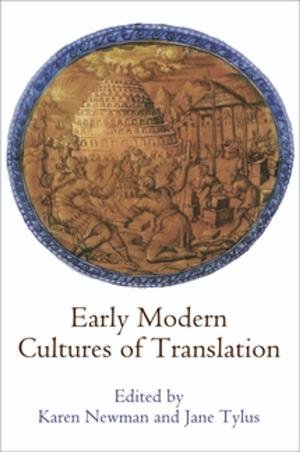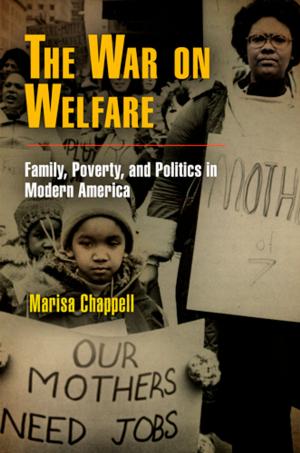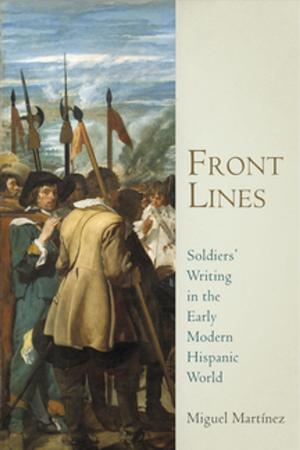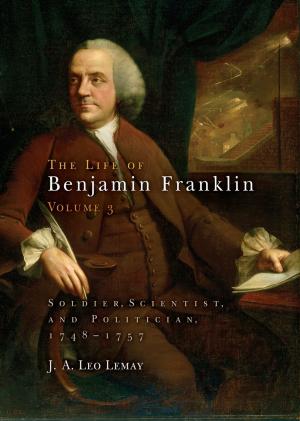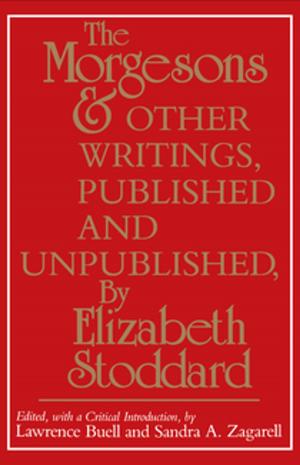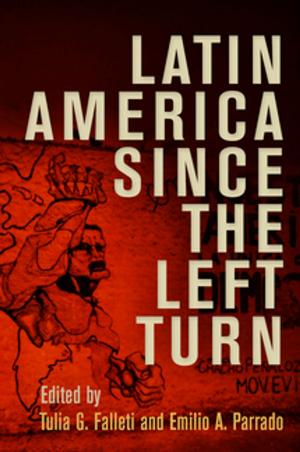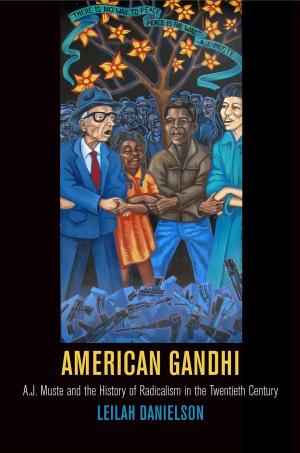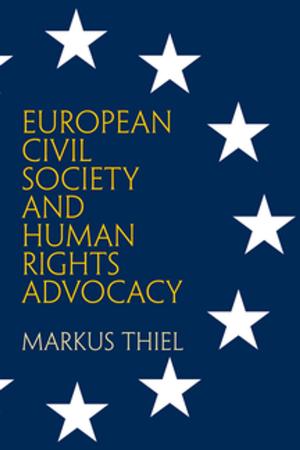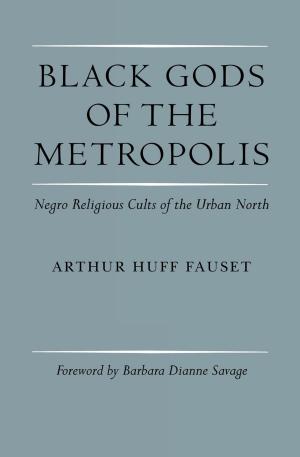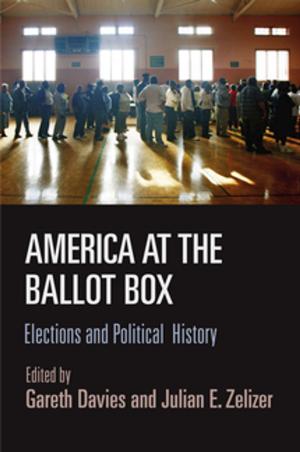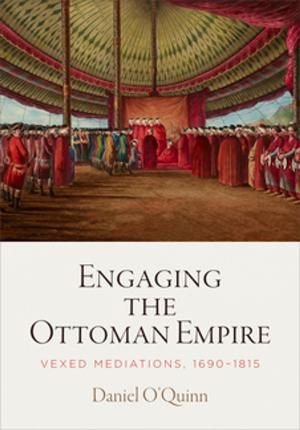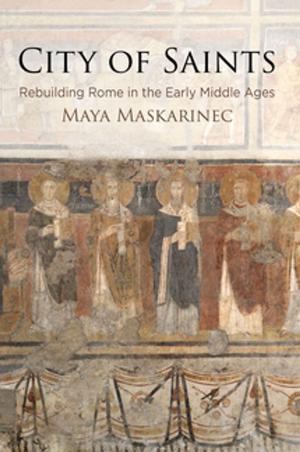| Author: | John Paton Davies, Jr. | ISBN: | 9780812206319 |
| Publisher: | University of Pennsylvania Press, Inc. | Publication: | January 31, 2012 |
| Imprint: | University of Pennsylvania Press | Language: | English |
| Author: | John Paton Davies, Jr. |
| ISBN: | 9780812206319 |
| Publisher: | University of Pennsylvania Press, Inc. |
| Publication: | January 31, 2012 |
| Imprint: | University of Pennsylvania Press |
| Language: | English |
At the height of the McCarthyite hysteria of the 1950s, John Paton Davies, Jr., was summoned to the State Department one morning and fired. His offense? The career diplomat had counseled the U.S. government during World War II that the Communist forces in China were poised to take over the country—which they did, in 1949. Davies joined the thousands of others who became the victims of a political maelstrom that engulfed the country and deprived the United States of the wisdom and guidance of an entire generation of East Asian diplomats and scholars.
The son of American missionaries, Davies was born in China at the turn of the twentieth century. Educated in the United States, he joined the ranks of the newly formed Foreign Service in the 1930s and returned to China, where he would remain until nearly the end of World War II. During that time he became one of the first Americans to meet and talk with the young revolutionary known as Mao Zedong. He documented the personal excesses and political foibles of Chinese Nationalist leader Chiang Kai-shek. As a political aide to General Joseph "Vinegar Joe" Stilwell, the wartime commander of the Allied forces in East and South Asia, he traveled widely in the region, meeting with colonial India's Nehru and Gandhi to gauge whether their animosity to British rule would translate into support for Japan. Davies ended the war serving in Moscow with George F. Kennan, the architect of America's policy toward the Soviet Union. Kennan found in Davies a lifelong friend and colleague. Neither, however, was immune to the virulent anticommunism of the immediate postwar years.
China Hand is the story of a man who captured with wry and judicious insight the times in which he lived, both as observer and as actor.
At the height of the McCarthyite hysteria of the 1950s, John Paton Davies, Jr., was summoned to the State Department one morning and fired. His offense? The career diplomat had counseled the U.S. government during World War II that the Communist forces in China were poised to take over the country—which they did, in 1949. Davies joined the thousands of others who became the victims of a political maelstrom that engulfed the country and deprived the United States of the wisdom and guidance of an entire generation of East Asian diplomats and scholars.
The son of American missionaries, Davies was born in China at the turn of the twentieth century. Educated in the United States, he joined the ranks of the newly formed Foreign Service in the 1930s and returned to China, where he would remain until nearly the end of World War II. During that time he became one of the first Americans to meet and talk with the young revolutionary known as Mao Zedong. He documented the personal excesses and political foibles of Chinese Nationalist leader Chiang Kai-shek. As a political aide to General Joseph "Vinegar Joe" Stilwell, the wartime commander of the Allied forces in East and South Asia, he traveled widely in the region, meeting with colonial India's Nehru and Gandhi to gauge whether their animosity to British rule would translate into support for Japan. Davies ended the war serving in Moscow with George F. Kennan, the architect of America's policy toward the Soviet Union. Kennan found in Davies a lifelong friend and colleague. Neither, however, was immune to the virulent anticommunism of the immediate postwar years.
China Hand is the story of a man who captured with wry and judicious insight the times in which he lived, both as observer and as actor.

